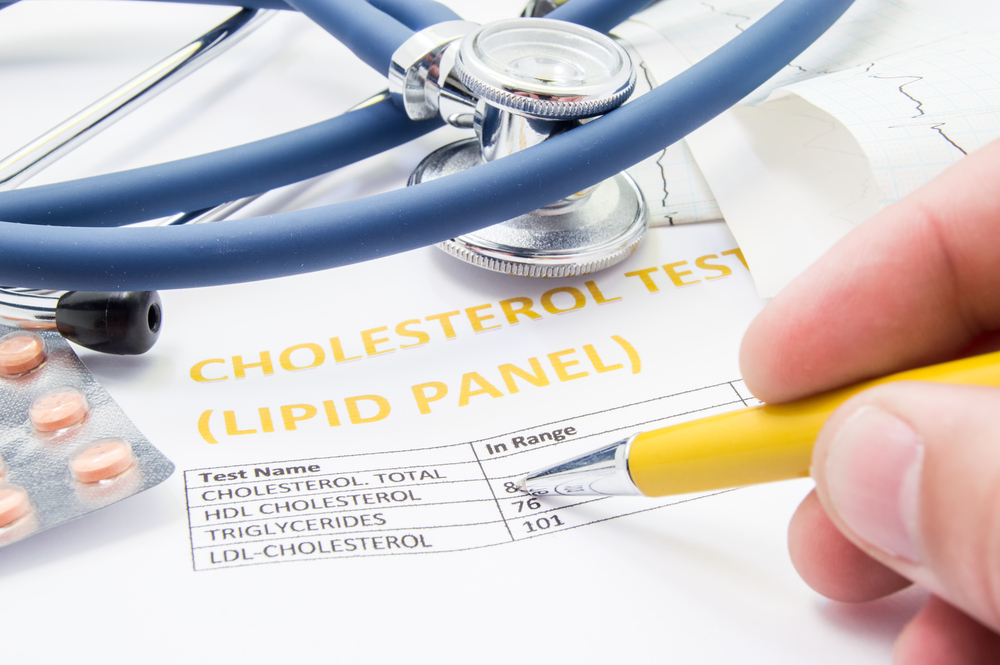Cholesterol is a waxy substance that’s found in the fats (lipids) of your blood. Cholesterol is needed to continue building healthy cells, but having high cholesterol can increase your risk of heart problems.
Fatty deposits makes it difficult for your blood to flow through arteries regularly . Fatty deposits are the results of having too high cholesterol. Less blood that flows to your heart and brain may develop a serious heart attack or stroke.
An unhealthy lifestyle is one of the main causes of having high cholesterol, although it can be inherited. The best treatment for high cholesterol is maintaining ideal weight, eating healthy foods and doing proper exercise.


